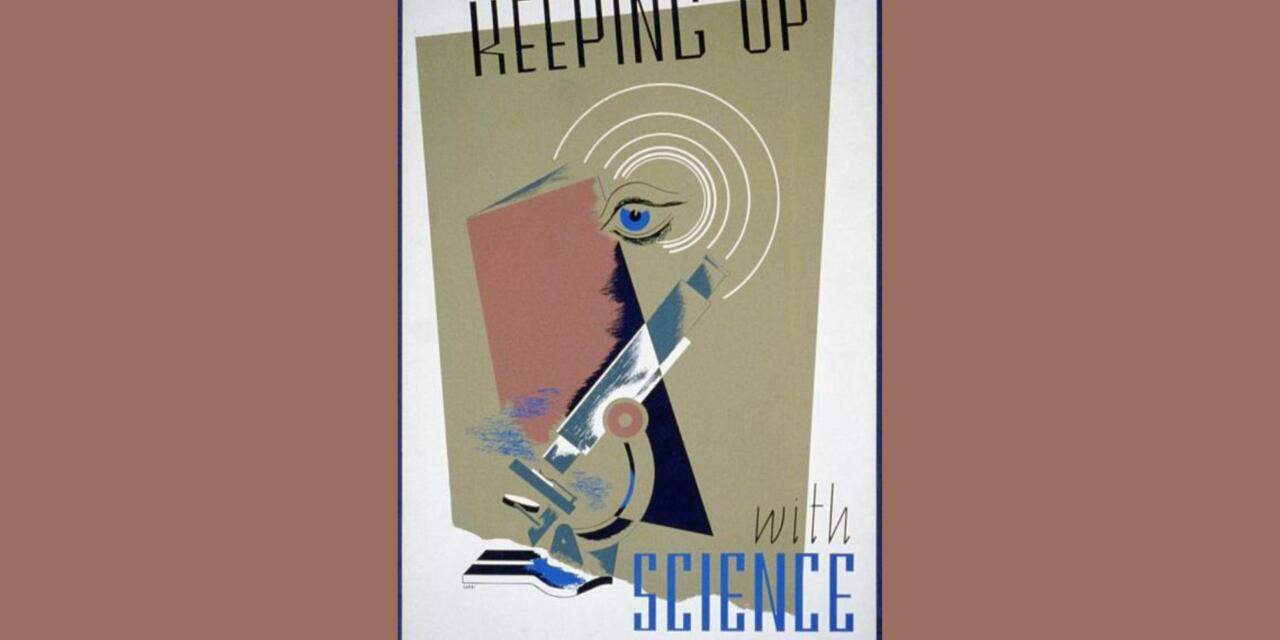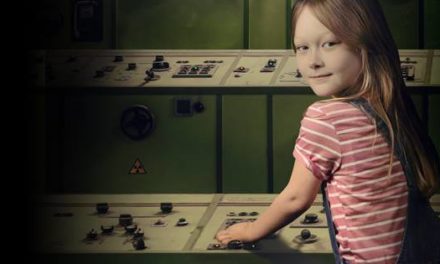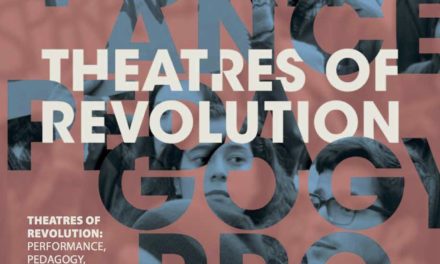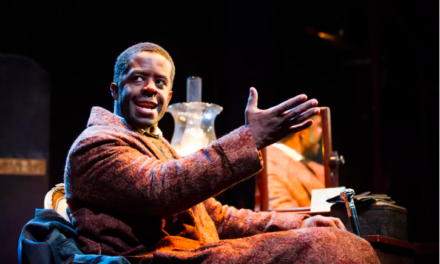That AI is poised to take over countless jobs, wipe out entire job sectors, is all over the news these days. Concerns about how displaced workers will support themselves tend to be met with one- or two-liners like: yes, AI is going to take over a lot of jobs, but many new jobs will be created. The new jobs will be better, allowing workers to do more challenging and important work than they are doing in their current (soon to be lost) jobs.
It will be fascinating to see what the plans are to move unqualified displaced workers into new challenging and important jobs, most likely with a scientific bent. Surely the humanities have skin in the game here! How do we get the powers-that-be to plan people’s shared future ethically?
An example of the potential for societal and economic turmoil we have to look forward to: as I write this article, 2,300 top technological experts, including influential business leaders Steve Wozniak, Elon Musk, and Andrew Yang, published an open letter that called on AI labs to take a six month pause from the training of systems more powerful that GP-4. Among the letter’s many unsettling statements and concerns:
AI developers must work with policymakers to dramatically accelerate development of robust AI governance systems. . . . These should at a minimum include. . . a robust auditing and certification ecosystem; liability for AI-caused harm; robust public funding for technical AI safety research; and well-resourced institutions for coping with the dramatic economic and political disruptions (especially to democracy) that AI will cause.
It does seem ill-fated to make profit the primary goal of technological advancement. How about eliminating poverty as the primary goal of the Fourth Industrial Revolution.
Proposals will have to be drafted and tested. One, for example: the work week drops to three days of work per week. Jobs are shared by (#1) a skilled worker and (#2) a displaced worker in training. Workers from poor populations get the first #2 jobs. An open mind is kept how the #2 shared job will take form: #2’s life and job experience will influence its development. #2 will help shape the job.
Theater’s role: one day a week, citizens are paid a living wage to attend a theater education workshop. This program will not only be for workers, but include stay at home parents, the elderly, the disabled—basically all adult citizens. (Jobs will be created to provide day care and transport for those who need it). Workshops will, as a rule, not be focused on work or government agendas, but run by independent theater professionals trained in conflict resolution.
For-profit businesses could channel a percentage of their profits to fund the workshops; foundations and governments could invest as well. A radical rethinking of the value of money might also occur if the economic status and freedom of people worsens, instead of improves, due to AI advancement.
Theater education workshops would be a space for people to create and perform plays together, working through conflicts that will, no doubt, come up during the script development phase. Theater, drama therapy, and conflict resolution would expand as fields of learning in universities—workshop participants would attend these programs free of charge to become workshop leaders themselves.
Theater artists would design the workshops, with workshop program directors. Their designs would be experimental to discourage uniformity and tedium. In America, organizers of the workshops would ensure the race diversity of leading artists and workshop participants corrects the disproportion of people of color currently living in poverty.
Living and working with AI will, no doubt, be discussed in workshops conversations. How AI impacts our lives will continue to make its way into theater productions, most likely more and more as the relationship between people and AI deepens.
Playwright and technologist Kat Mustatea in an interview with Alexander Fatouros:
Working with new technologies is a way of developing a medium in the contemporary moment, the potential of it, but also, fundamentally to comment critically on technology itself. Who else but artists are going to comment critically on the tools and tendencies that societies enable?
From Miriama Young’s review of Chamber Made’s My Self in That Moment:
The embryonic creature on stage must learn the fundamentals of how to be human. How to communicate from the almost-warm AI voice of the “mother”. But we still hear the uncanny valley of the voice. Androids imitate humans, but flaws betray its conviction.
Workshop original plays would no doubt also contemplate the promising capabilities of AI such as already underway ocean cleanup.
Imagine a public-school teacher, business executive, hair stylist, plumber, police officer, and doctor each bring in a poem to create a script together, each of them wrestling with both their day-to-day struggles unique to them and societal worries they all share.
To secure the level of funding required to create a program of this scale will be the greatest challenge. This is where theater before theater education comes to play.
Antonin Artaud from The Theater and Its Double:
The question, then, for the theater, is to create a metaphysics of speech, gesture, and expression, in order to rescue it from its servitude to psychology and “human interest.” But all this can be of no use unless behind such an effort there is some kind of real metaphysical inclination, an appeal to certain inhabitable ideas, which by their very nature cannot be limited or even formally depicted. These ideas which touch on Creation, Becoming, and Chaos, are all of a cosmic order and furnish a primary notion of a domain from which the theater is now entirely alien. They are able to create a kind of passionate question between Man, Society, Nature, and Objects.
It is difficult to imagine Capitalism surviving its current configuration once AI’s influence starts to grow exponentially. Those eager to oust Capitalism should keep in mind so called fair-minded economic models, such as Communism, never lived up to their expectations either and, on the contrary, often resulted in grossly abusive, authoritarian government systems, eventually rejected by mass protest. History has shown that, more often than not, those in power develop national systems that will keep them in power.
Perhaps the future is our friend. What does an economic model that perpetually eliminates poverty by encouraging safe innovation, freedom of thought, and conflict resolution through creative practice look like?
In summary, it would be a refreshing and intriguing experiment to create a new major job sector where citizens are paid to think collaboratively and creatively in a group setting, independent of government and corporate agendas, but funded by them, because the powers-that-be agree with the venture. To quote from Daniel Gerould’s introduction in Theatre/Theory/Theatre:
In The Sociology of Theatre, Jean Duvignaud argues that theatrical performance (i.e. the interplay between stage and spectator) by its very nature is “a revolt against the established order” because it reflects desires still seeking definition and poses questions to which there are as yet no available answers, thus opening vistas on the future rather than consolidating the present.
This post was written by the author in their personal capacity.The opinions expressed in this article are the author’s own and do not reflect the view of The Theatre Times, their staff or collaborators.
This post was written by Heather Waters.
The views expressed here belong to the author and do not necessarily reflect our views and opinions.


















